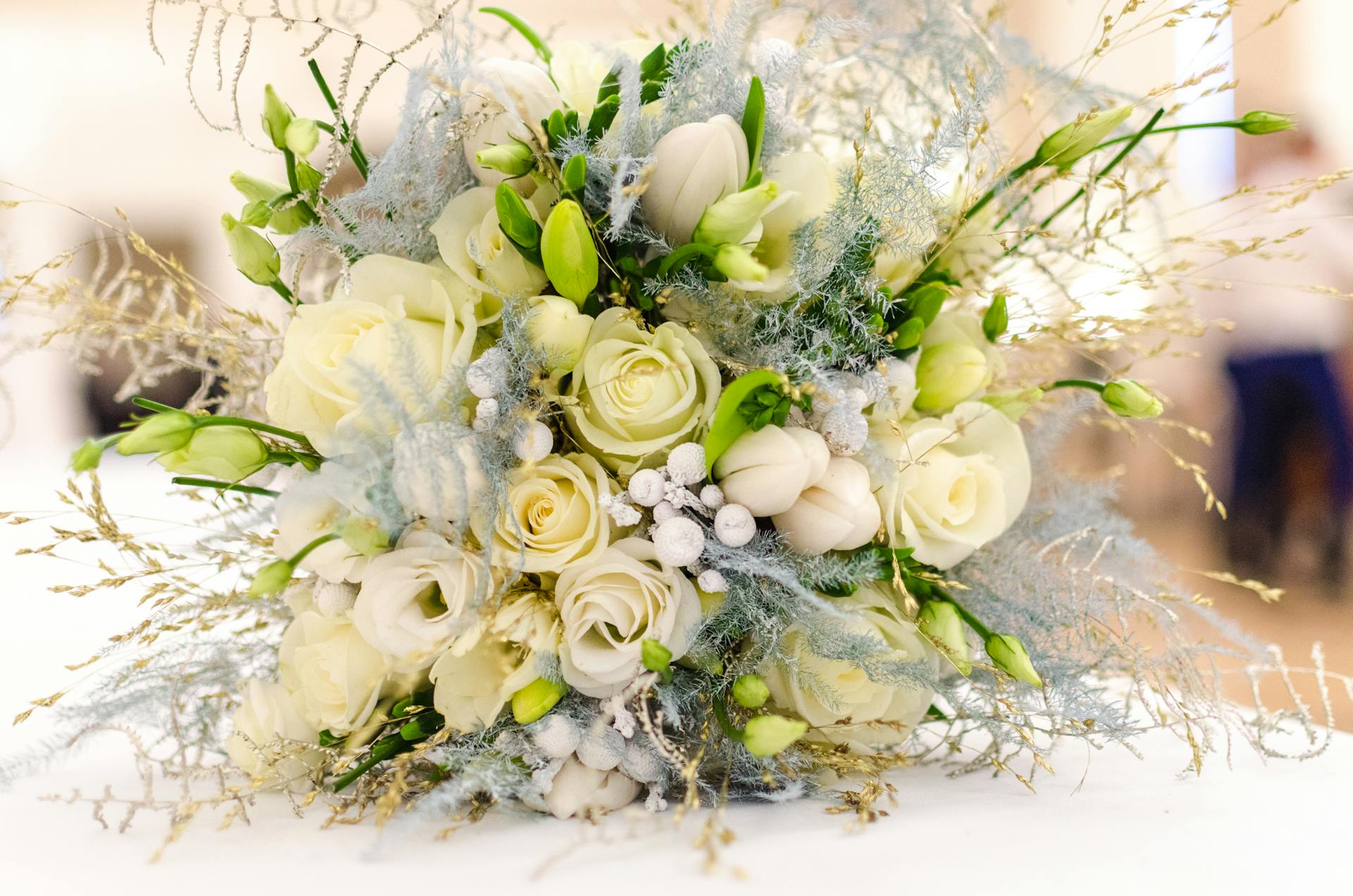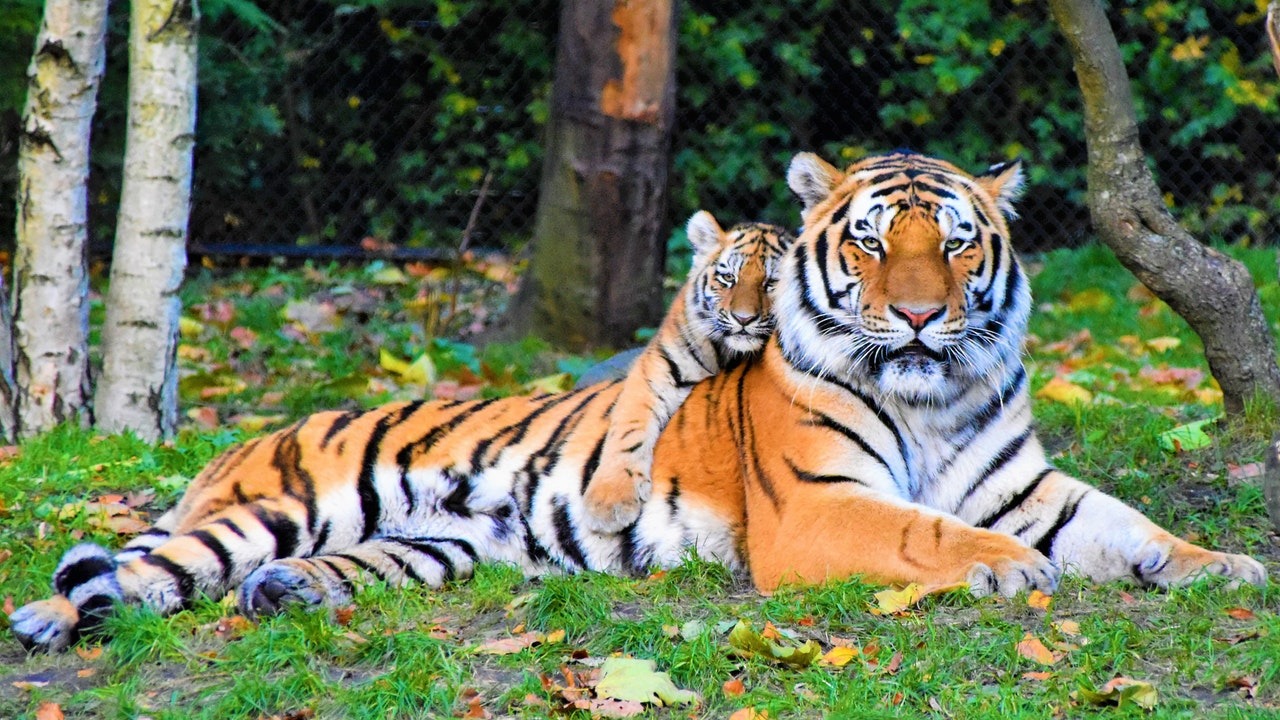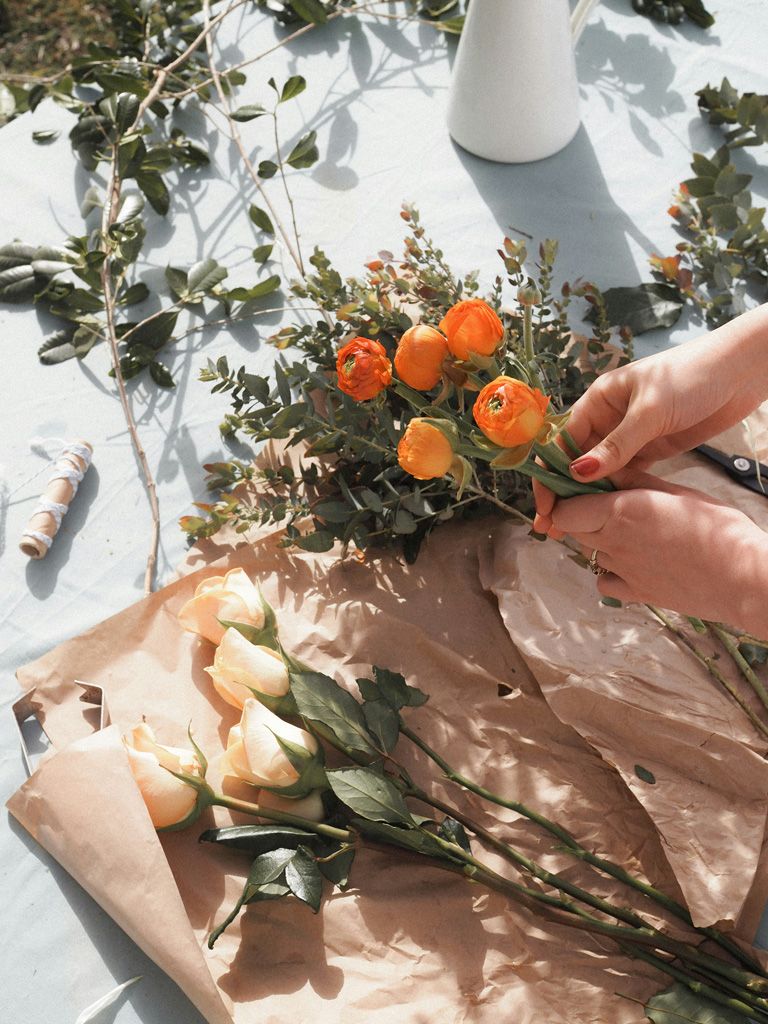If you’re passionate about floristry and considering specialising in a particular area, you’ve likely wondered whether wedding floristry or event floristry offers the better career path. Both sectors offer exciting opportunities, but they require different skill sets, work patterns, and business approaches. Understanding these differences can help you make an informed decision about which direction aligns best with your goals and lifestyle and which type of online floristry course will arm you with the skills for your career.
The Key Differences in Floristry Careers
Wedding Floristry: The Art of Romance
Wedding floristry focuses on creating intimate, deeply personal floral arrangements for one of the most important days in a couple’s life. This specialisation involves working closely with brides, grooms, and their families to bring their romantic vision to life through carefully curated floral designs.
Wedding florists typically work with smaller, more intimate spaces and guest counts, allowing for detailed, personalised attention to each element. The work is highly emotional and requires exceptional customer service skills, as you’ll be dealing with clients during what can be a stressful time in their lives.
Event Floristry: The World of Large-Scale Impact
Event floristry encompasses corporate functions, galas, product launches, conferences, and large-scale celebrations. This specialisation requires the ability to think big and create dramatic visual impact across expansive venues.
Event florists often work with event planners, corporate clients, and venue managers rather than individual customers. The focus is on creating cohesive themes across multiple spaces and working within larger budgets to achieve maximum visual impact.
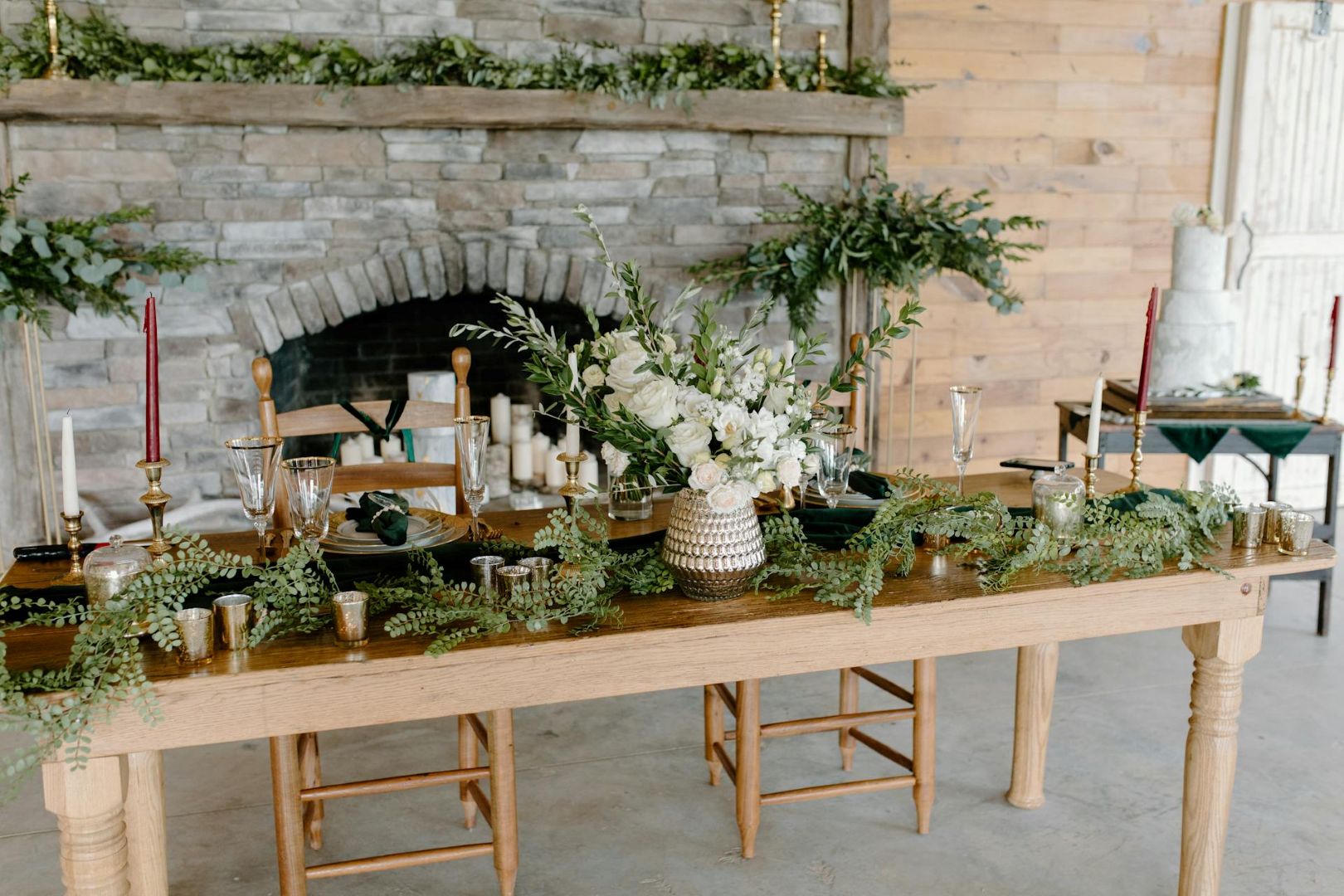
Income Potential and Seasonal Patterns
Wedding Floristry Economics
Wedding floristry in Australia typically sees peak seasons during spring (September-November) and autumn (March-May), with summer also being busy in many regions. This seasonal pattern means:
- Higher income potential during peak months
- Need for financial planning during quieter winter periods
- Opportunity to take breaks or pursue other projects in off-seasons
- Average wedding floral packages can range from $800 to $5,000+
Event Floristry Economics
Event floristry tends to have more consistent year-round demand, as corporate events and celebrations happen throughout the year. The income structure often includes:
- More predictable monthly income
- Higher volume, potentially lower per-project margins
- Opportunity for regular corporate contracts
- Project values can range from $500 for small corporate events to $20,000+ for major galas
Skills and Expertise Required
Wedding Floristry Skills
Successful wedding florists need to master:
Technical Skills:
- Bridal bouquet construction and wiring techniques
- Corsage and boutonniere creation
- Flower crown and hair piece design
- Ceremony arch and altar arrangements
- Reception centerpiece design
Soft Skills:
- Exceptional customer service and patience
- Ability to work under emotional pressure
- Strong communication and consultation skills
- Attention to fine details and personal touches
- Flexibility to accommodate last-minute changes
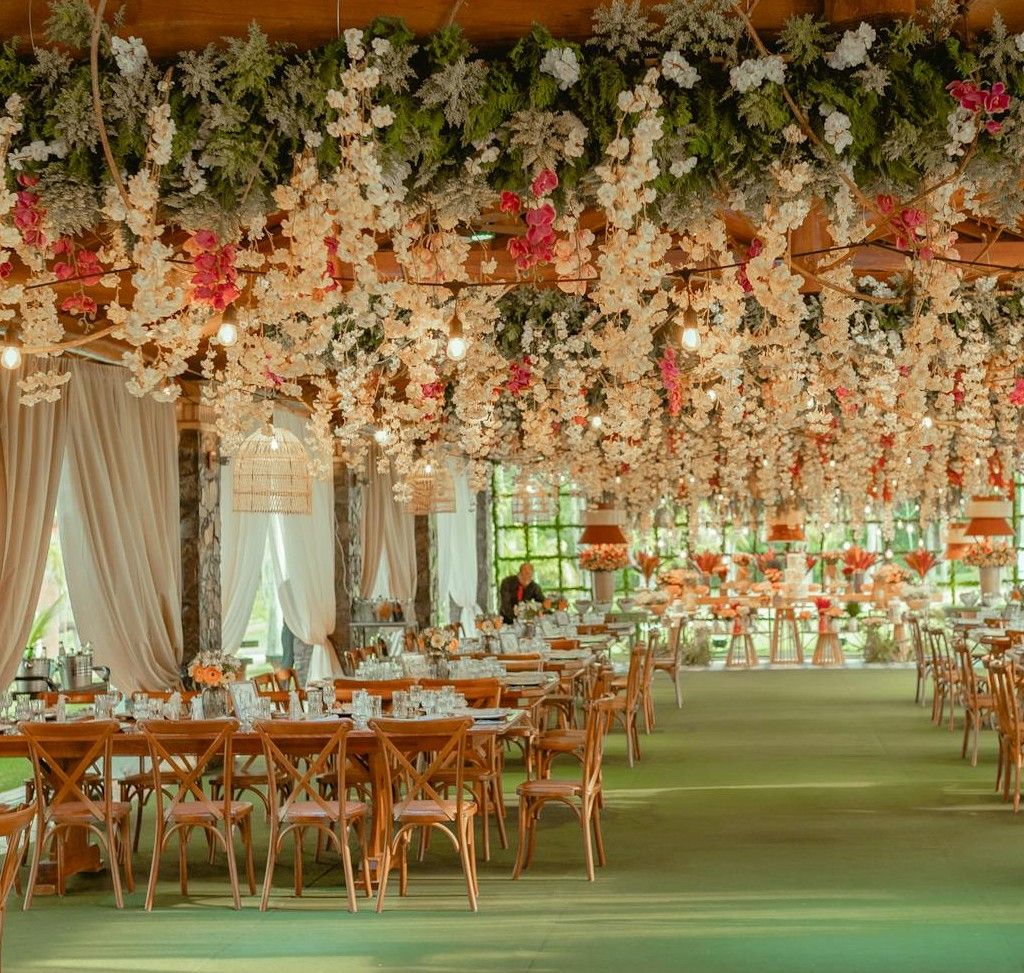
Event Floristry Skills
Event floristry specialists should develop:
Technical Skills:
- Large-scale arrangement construction
- Installation and breakdown efficiency
- Working with unusual venues and spaces
- Coordinating with other vendors and suppliers
- Understanding of event logistics and timing
Soft Skills:
- Project management capabilities
- Ability to work with corporate clients and event planners
- Strong organizational and time management skills
- Adaptability to different event themes and styles
- Leadership skills for managing installation teams
Client Interaction and Project Timelines
Wedding Floristry Client Experience
Working with wedding clients involves:
- Multiple consultations over several months
- Detailed planning and concept development
- Emotional investment in the client’s special day
- Managing expectations and budget constraints
- Often working with multiple family members and their opinions
- Building long-term relationships that can lead to future family events
Event Floristry Client Experience
Event floristry client relationships typically involve:
- Professional, business-focused interactions
- Shorter planning timelines (often 2-8 weeks)
- Working within established event themes and corporate branding
- Clear budget parameters and professional decision-making
- Potential for ongoing contracts and repeat business
- Collaboration with event planning teams
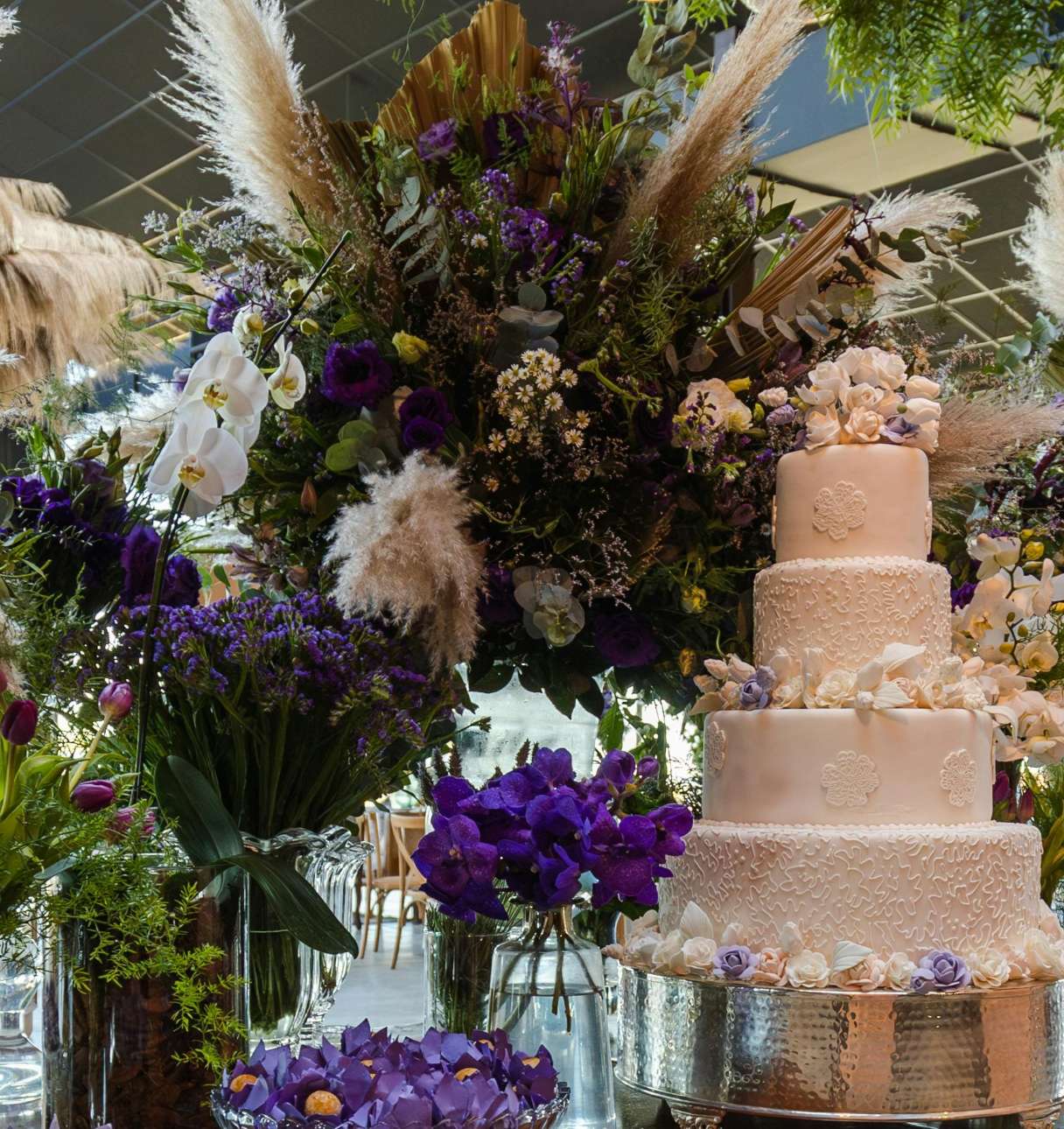
Career Progression and Growth Opportunities
Wedding Floristry Career Path
Career development in wedding floristry often follows these patterns:
- Starting as an assistant in an established wedding floristry business
- Building a portfolio through friends’ weddings and styled shoots
- Developing specialisation in luxury or destination weddings
- Establishing your own wedding floristry business
- Expanding into related services like event styling or floral education
Event Floristry Career Path
Event floristry career progression typically includes:
- Beginning with small corporate events and local functions
- Developing relationships with event planning companies
- Specialising in specific event types (corporate, galas, conferences)
- Growing into large-scale installation and design
- Potentially expanding into event production or venue partnership
Working Conditions and Lifestyle Impact
Wedding Floristry Lifestyle
Wedding floristry lifestyle considerations include:
- Weekend work is essential (Friday-Sunday focus)
- Long days during wedding season
- Seasonal income fluctuations
- High emotional investment in each project
- Opportunity for creative fulfillment and personal connection
- Potential for destination travel with luxury weddings
Event Floristry Lifestyle
Event floristry lifestyle factors include:
- More varied working hours depending on event schedules
- Some evening and weekend work for events
- More consistent year-round income
- Physically demanding installation work
- Opportunity to work on diverse, creative projects
- Potential for travel with large corporate clients
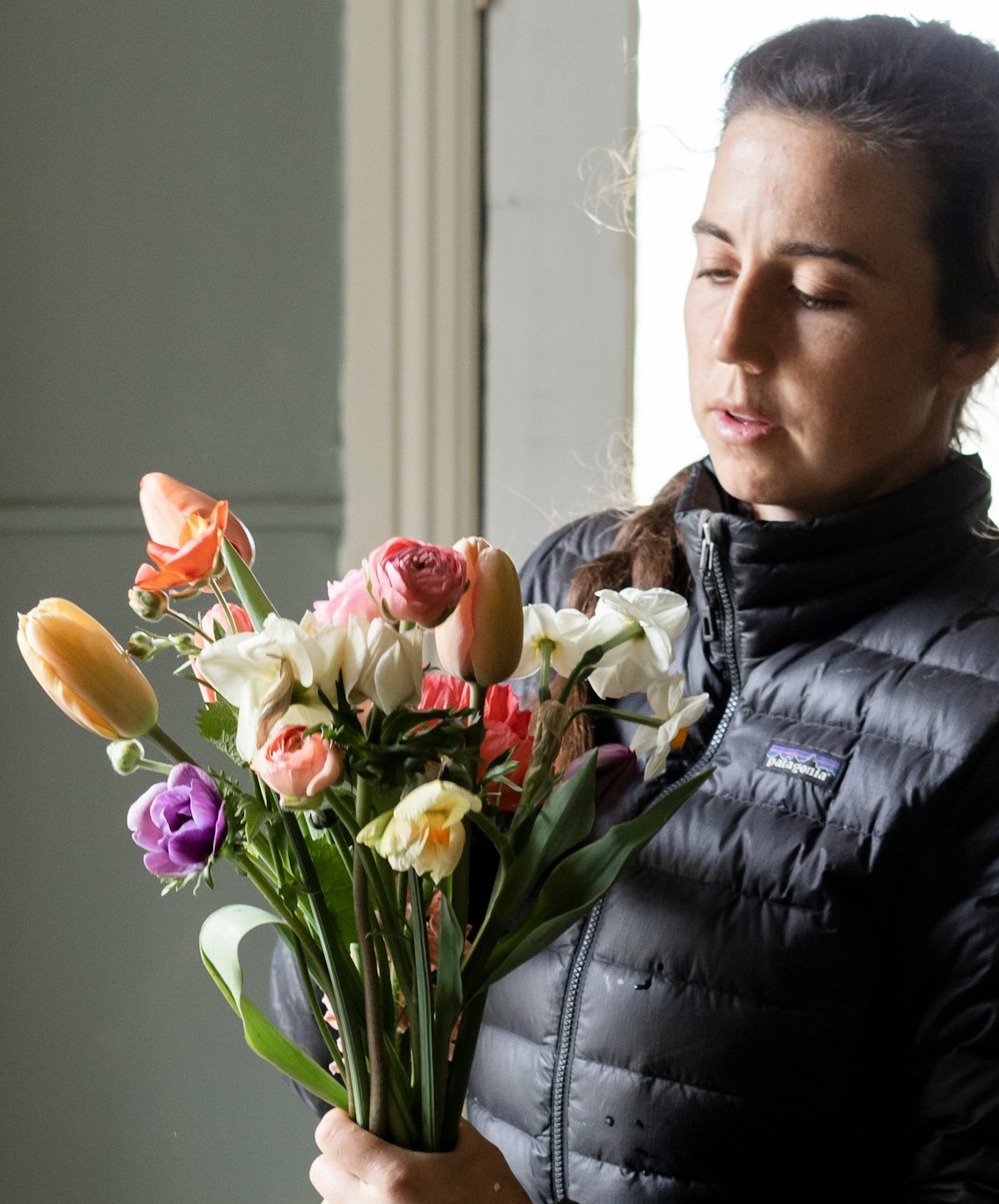
Building Your Portfolio
Wedding Portfolio Development
Building a strong wedding floristry portfolio requires:
- Collaborating with wedding photographers and venues
- Creating styled shoots to showcase different wedding styles
- Documenting seasonal wedding trends and personal style
- Building relationships with other wedding vendors
- Showcasing range from intimate ceremonies to grand celebrations
Event Portfolio Development
Event floristry portfolio building involves:
- Photographing large-scale installations and dramatic arrangements
- Documenting different event types and corporate work
- Showing ability to work within brand guidelines and themes
- Demonstrating problem-solving skills for unique venues
- Highlighting efficiency and professional execution
Education and Training Requirements
Both career paths benefit from comprehensive floristry education that covers:
- Design principles and color theory
- Flower selection, care, and conditioning
- Technical arrangement skills
- Business fundamentals and pricing
- Customer service and consultation skills
Specialized training in wedding and event floristry can provide the focused skills needed for each sector, including specific techniques, industry connections, and business approaches unique to each field.
Making Your Decision
Consider these questions when choosing your specialisation:
Choose Wedding Floristry if:
- You thrive on emotional connection and personal relationships
- You enjoy detailed, intimate work with high personal impact
- You can manage seasonal income fluctuations
- You want to be part of life’s most special moments
- You prefer working with individuals and families
Choose Event Floristry if:
- You prefer professional, business-focused relationships
- You enjoy large-scale, dramatic design challenges
- You want more consistent year-round income
- You thrive in fast-paced, collaborative environments
- You’re excited by diverse projects and corporate challenges
The Best of Both Worlds
Many successful florists choose to work in both sectors, allowing them to:
- Maximize income potential year-round
- Develop a broader skill set and creative range
- Build diverse industry connections
- Reduce the risk of seasonal income fluctuations
- Satisfy different aspects of their creative personality
Getting Started
Whether you choose wedding floristry, event floristry, or both, the foundation remains the same: comprehensive floristry course education that covers design principles, technical skills, and business fundamentals. Look for courses that offer specialized modules in both wedding and event floristry, allowing you to explore both paths before making your final decision.
Remember, your choice isn’t permanent. Many florists begin in one specialisation and naturally evolve into the other, or successfully maintain both areas of expertise throughout their careers. The key is starting with solid foundational skills and remaining open to the opportunities that align with your personal and professional goals.
Both wedding and event floristry offer rewarding careers for passionate, skilled professionals. By understanding the unique demands and opportunities of each sector, you can make an informed decision that sets you up for long-term success in the flourishing Australian floristry industry.
